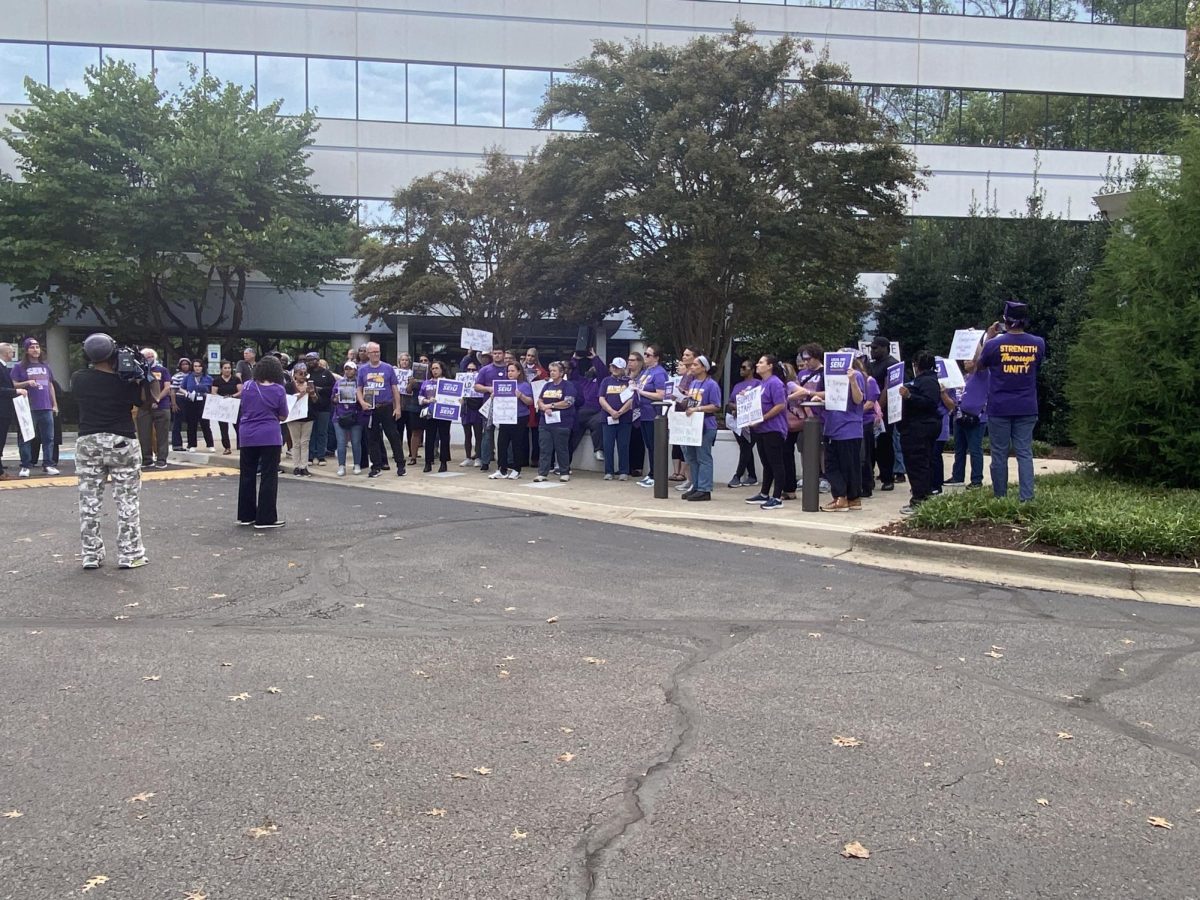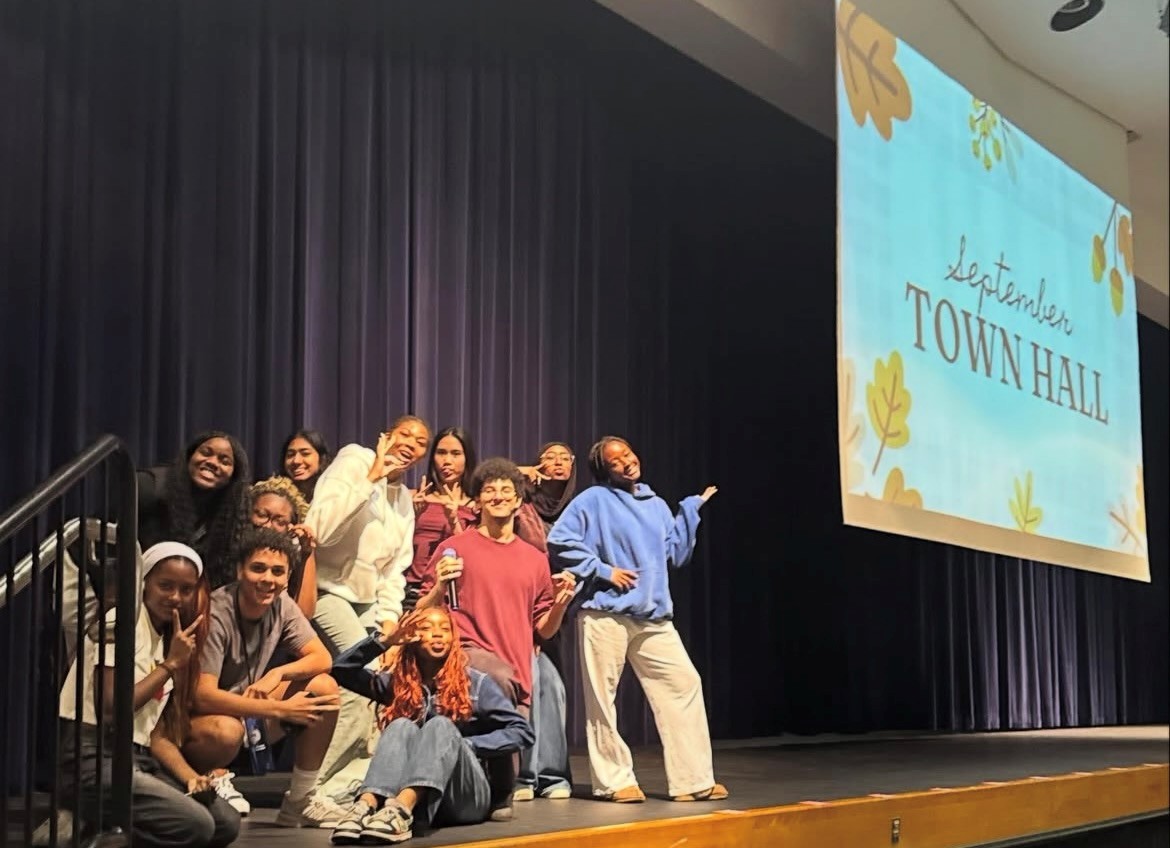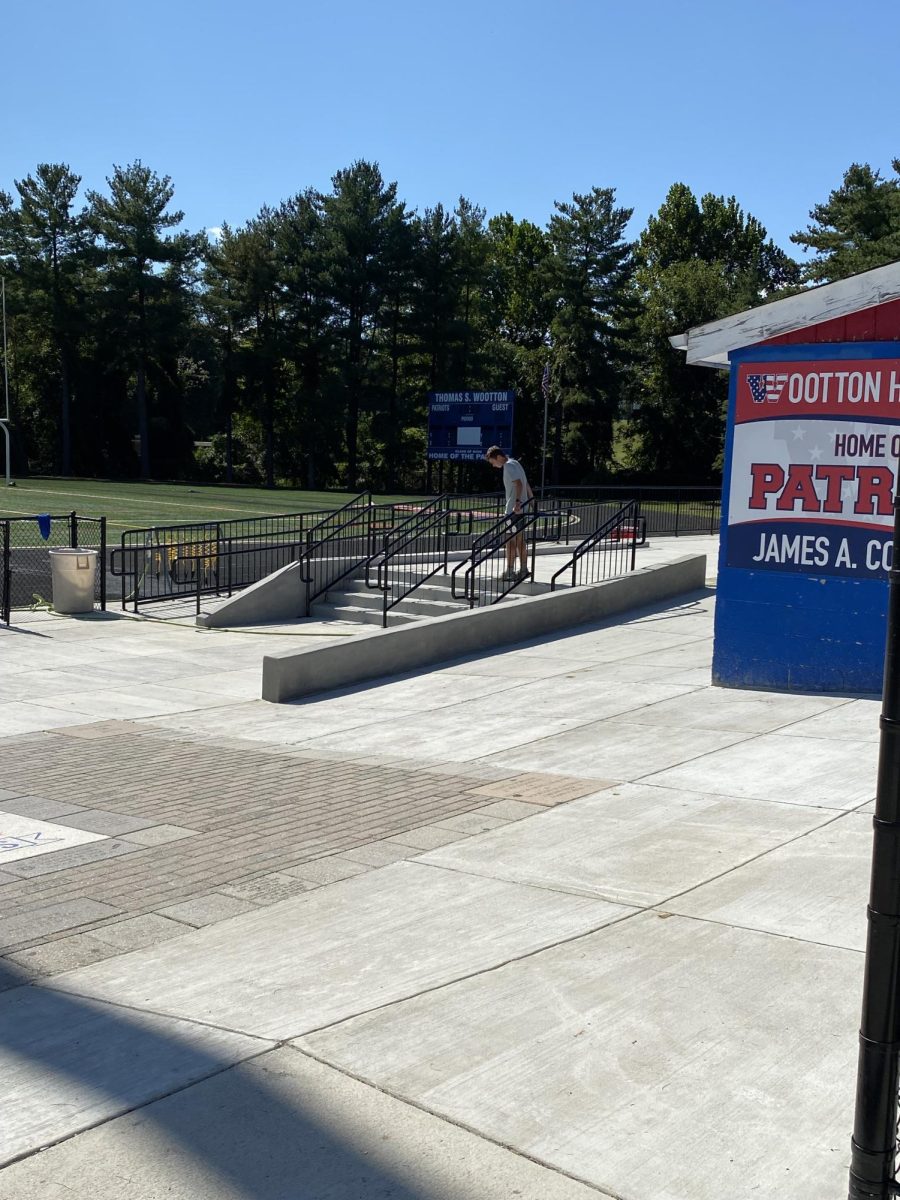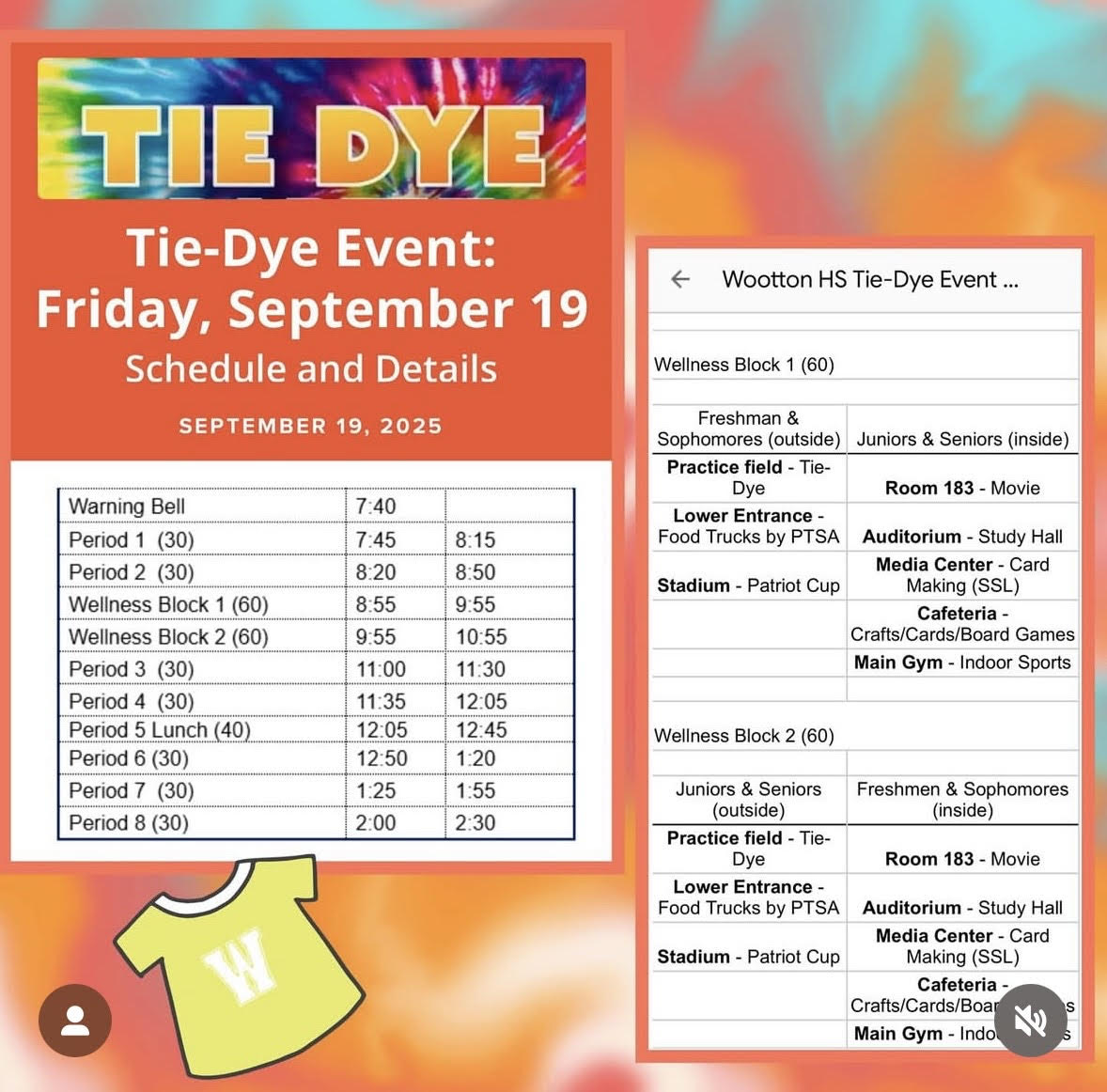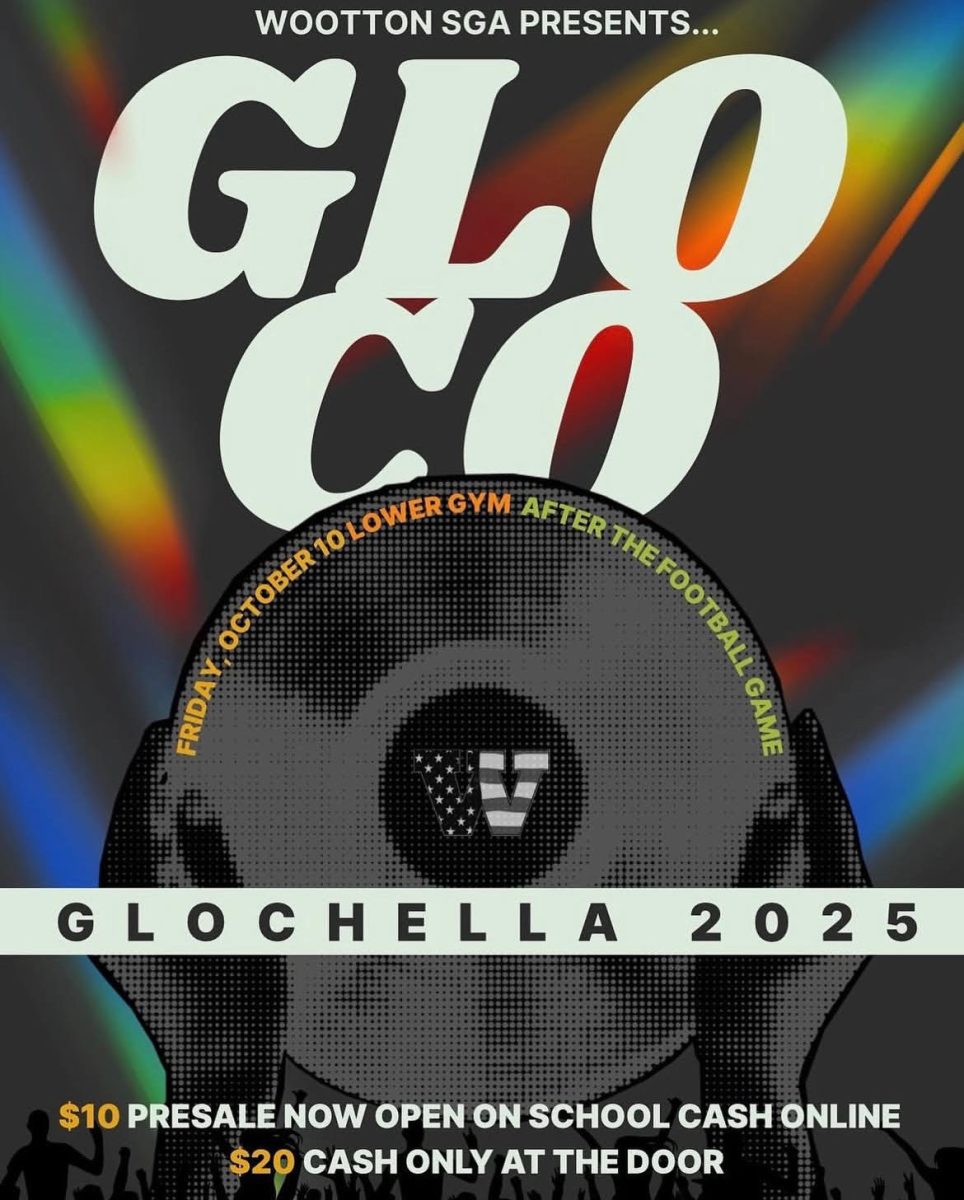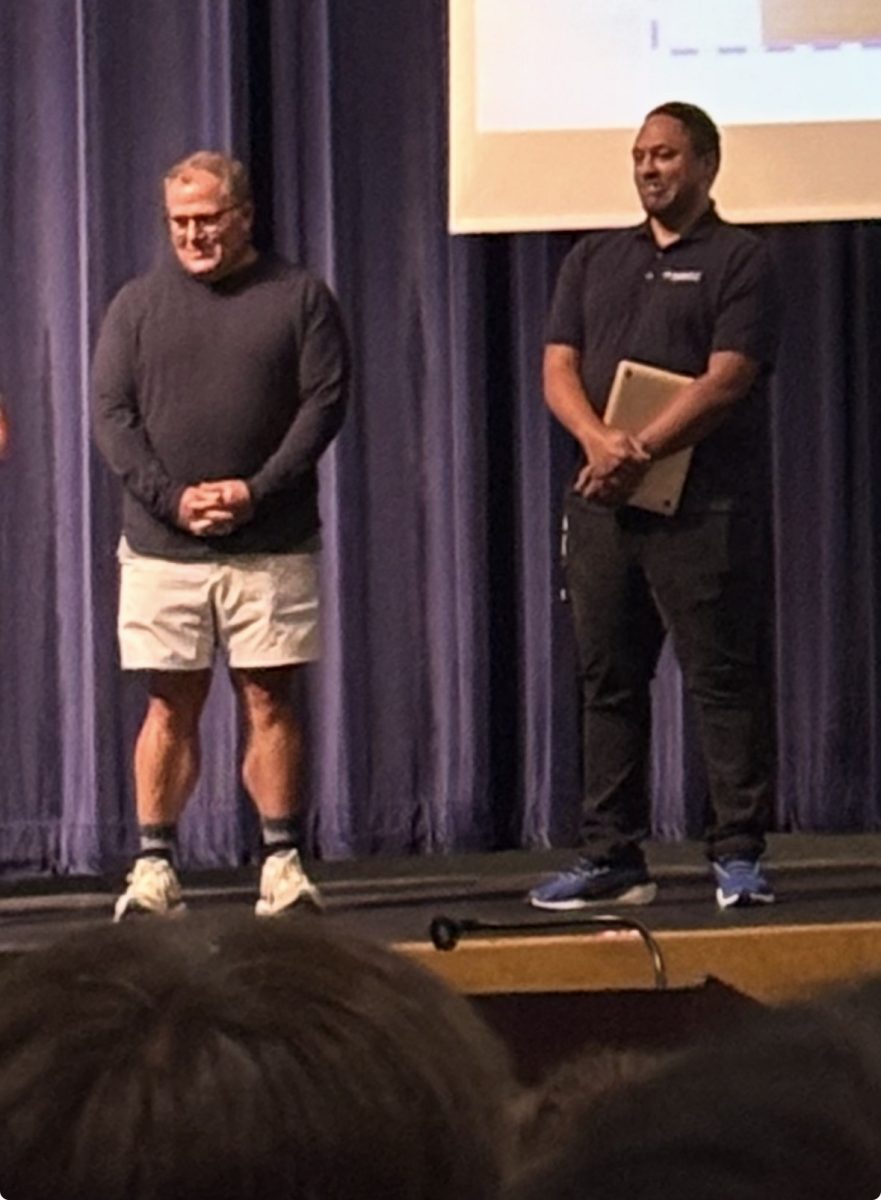Riley Jordan
graphics editor
Young voters: are they qualified, and will they actually vote?
The recent surge of young American activism, particularly on issues regarding gun laws, women’s rights, reproductive rights and disapproval of President Donald Trump has raised questions about what impact new voters will have on the upcoming midterm elections.
Unlike many countries with mandatory voting, voting in the U.S. is a privilege and a right of all adult citizens, but not an obligation. Older citizens are more likely to view voting as a responsibility and a civic duty, and are more likely to either take the time to educate themselves about the issues and candidates, or feel confident in their beliefs based on age and experience. Young people, on the other hand, typically feel uninformed and are less likely to educate themselves about what is at stake.
Millennials make up 31 percent of eligible voters, increased significantly from 2012 when only 19 percent of the electorate were in that age group. Baby Boomers also make up 31 percent of eligible voters, down from 38 percent in 2012. Generations X and Y and the Greatest Generation fall in the middle of the data, with significantly less voting power. The demographics are clearing shifting, giving young people an unprecedented opportunity to affect real change. But there are serious impediments to doing so, given that younger Americans are the least likely to vote. Millennials are only half as likely as Baby Boomers to vote, so despite young Americans’ potential to be the biggest voice in America, unless things drastically change, the power to shift will be unharnessed. In the 2016 presidential election, only 46 percent of people under 30 went to the polls, compared to 72 percent of the Greatest Generation.
The reason for Millennial inaction appears to be twofold. In a Scholar School poll of registered voters, 42 percent of people ages 18-29 said that voting in the upcoming midterms was between “somewhat” and “not at all” important, yet according to CIRCLE, 50 percent of citizens in the same age-range voted in the 2016 elections. Since the presidency is not at stake, midterms garner less voters because they are seen as less important or citizens are not as knowledgeable about the candidates. Even when young people have political preferences, they still often skip the polls, according to a Harvard survey.
This reluctance to cast ballots could be linked to a distrust of political parties or politicians. However, there is evidence that young people are more likely than ever to believe that they can make a difference in the political landscape. A recent Harvard poll found that young people who identify as Democrats were more likely to say they will definitely vote than Republicans, with 54 percent of Democrats, 43 percent of Republicans, and 24 percent of Independents telling Harvard researchers they would go to the polls.
A second reason young people may choose to stay home on Election Day is a feeling of ineptitude, stemming from a lack of understanding of the issues and not knowing anything about the candidates. Rather than strictly voting among party lines or blindly casting a ballot for someone they have never heard of, the majority of Millennials choose inaction. According to a HuffPost survey, only 20 percent of eligible voters under 30 believe they are very well informed. “I don’t think I’ll be able to vote because I don’t feel like I know every candidate,” senior Eric Quam said. “I think most kids don’t vote, even when they can, because they think they don’t think it’s important, or they don’t know a lot about the candidates. For midterms I don’t think most people know about every candidate.”
Older people apparently also question the qualifications of Millennials to make political decisions, according to the Pew Research Center. “Young voters don’t know what they’re talking about when it comes to economics,” political author Derek Thompson said. “Young people support big government, unless it costs any more money. They’re for smaller government, unless budget cuts scratch a program they’ve heard of. They’d like Washington to fix everything, just so long as it doesn’t ruin anything.”
According to Pew, today’s young adults are the best educated generation in history. But being highly educated is not the same as being politically savvy, and even young Americans from the Ivy Leagues can’t make informed voting choices without doing their research paying attention to current events. Young Americans who do get involved in politics have new opportunities to voice their opinions at both the federal, state, and local level. College campuses often have political organizations and clubs, such as University of Maryland’s chapters of Democracy Matters, a non-partisan, campus-based organization whose goal is to educate students about electoral and campaign finance reform while empowering them to participate in the political process. 314 Action, an organization that promotes the importance of science in policy decisions and social issues and engages students in the electoral process; and young Republicans and young Democrats.
Nevertheless, young people believe they are unfairly judged by their elders. “Adults think that when they were kids, they were better than kids today,” sophomore Ryan White said. “Every person thinks that people younger than them are stupid, that’s just how it is. It’s pretty hypocritical to hear adults thinking that kids are going to mess up the world when they are the same people raising them.”
For the midterm elections, voters under 30 are predicted to have a turnout between 17-35 percent, while ages 60-70 are predicted to have a 70 percent turnout, according to PollsandVotes. This is despite a poll from Harvard University Institute of Politics finding that 40 percent of those between ages 18-29 said they will “definitely vote” in the upcoming midterms. Only time will tell how many Millennials actually vote, and whether the numbers will be sufficient to change the course of current politics. “We believe there is a marked increase in youth turnout, unlike anything we’ve seen in 32 years,” said John Della Volpe, the director of polling at Harvard University’s Institute of Politics..
If Millennials come out in record numbers, real political change could happen. Among Millennials, 59 percent are Democrats or lean Democratic, while only 32 percent are Republican or lean Republican. Young people are more left leaning than ever before, according to Della Volpe. Socialist-democratic ideas in particular have seen increasing popularity among young Americans. The Harvard poll found that 39 percent of young voters said that they support democratic socialism, while 43 percent said that they supported capitalism. Only 31 percent said that they supported true socialism. “It is not accurate to say this is a generation that endorses socialism as a label per se. The more they learn about capitalism, the more they approve. Things change, however, when we ask about democratic socialism,” Della Volpe said.
The majority of young people still oppose socialism, but proposals from Sen. Bernie Sanders and other progressive politicians, such as eliminating tuition for college and Medicare-for-all have young people excited. Organizations such as The Young Democratic Socialists of America have become prevalent on college campuses across the country, organizing students to fight for the needs of workers and students, while fighting for more radical and structural changes in the long term. The organization bills itself as “one of the few national, multi-issue left-wing student organizations in the United States.”
While there are more Democratic Millennials, the Republican Millennials are more likely to vote. Trump received more votes from Millennials than Hillary Clinton, even though, according to Della Volpe’s three surveys in the year prior to the election, the majority of Millennials favored a Democratic president. If this holds true in the primaries, Millennials may vote more Republicans into the Senate and House, despite their numbers favoring Democrats.
Despite a historically consistent 10-percent gap between how many people say they will vote versus how many actually do, it could still be a historic turnout, according to Harvard student Teddy Landis, the leader of the Harvard Public Opinion Project. In 2014, 26 percent of people aged 18-29 said they would vote, yet only 16 percent actually did. “The number to beat is 21,” Landis said in an Vox interview. “The low turnout we’ve seen in the past few years isn’t a Gen Z problem or a Millennial problem, it’s something young people have been doing for quite a while.”


